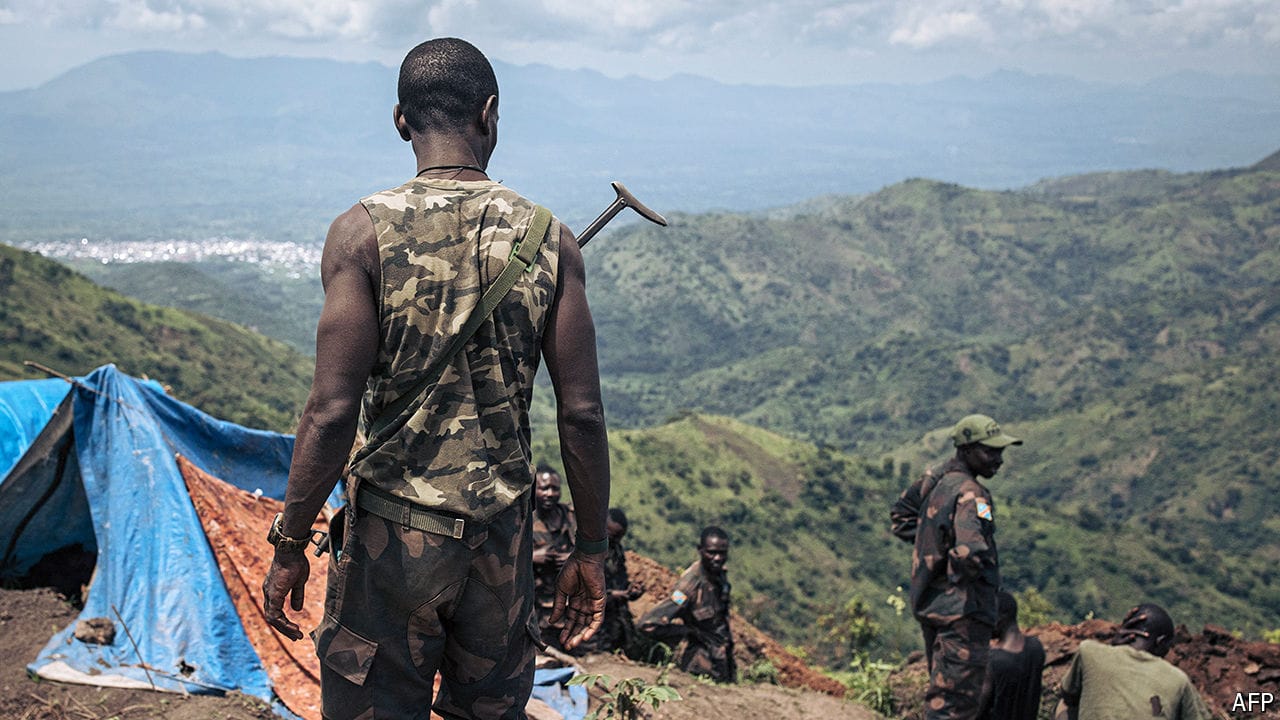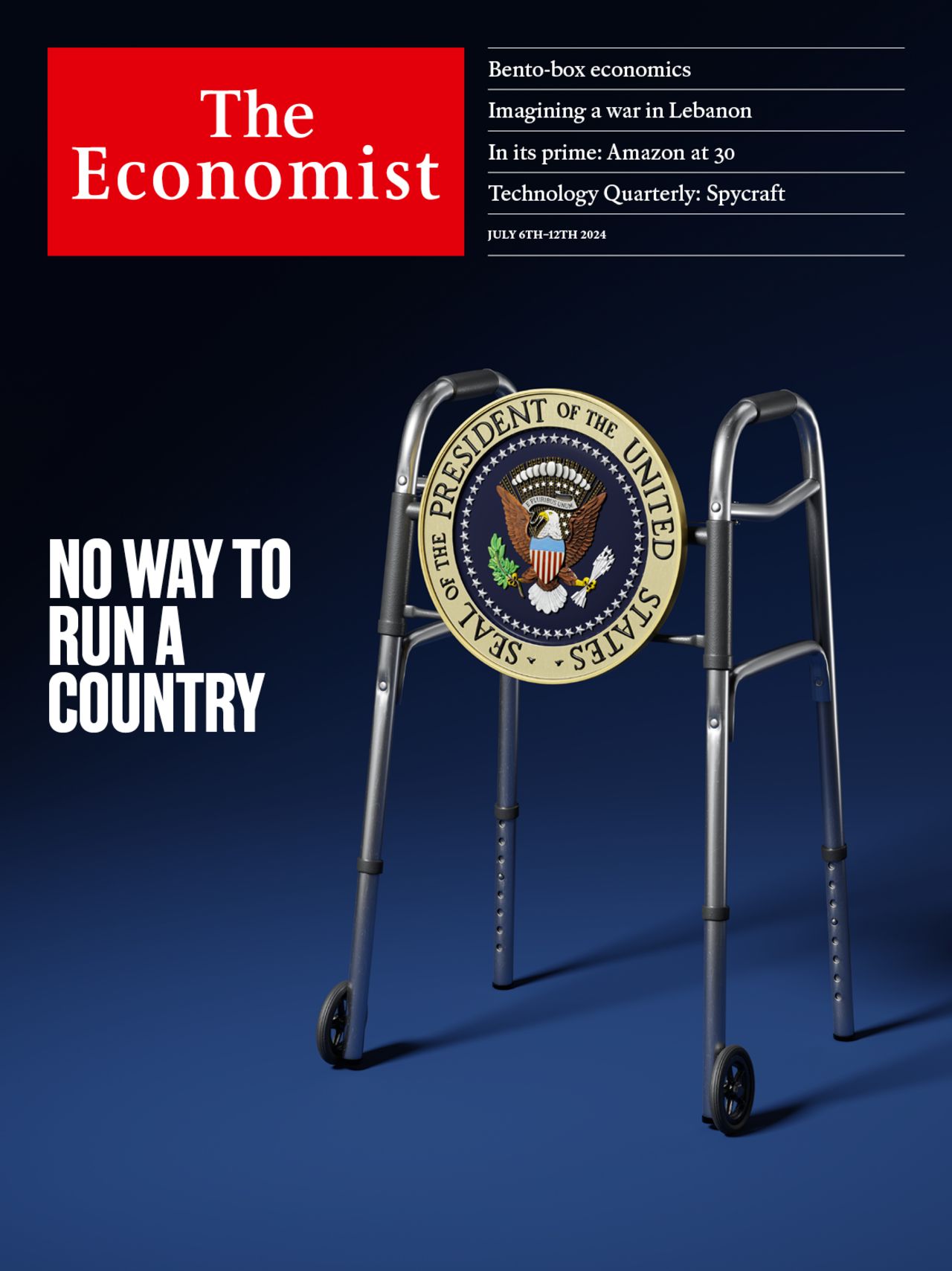Meet the victors in Africa’s coup belt
They are militaristic, nationalistic and keen to cut a deal

The West’s relations with countries in the Sahel seemed to have hit rock bottom in May when Niger ordered America to withdraw its forces by September—having already booted out a French counter-terrorism mission—and welcomed Russian military advisers. Then even this bottom fell out. Last month Niger, which supplies about a quarter of Europe’s uranium, revoked the mining licence of France’s state-owned nuclear-fuel company. Many fear the country will now hand over the rights to one of the world’s biggest uranium mines to a state-owned Russian firm.
Niger’s turn against the West comes amid what many in French-speaking west Africa are calling a second “independence”. It is being spurred by a new generation of nationalists who have taken power in former French colonies from Senegal to Chad and the three core countries of the Sahel: Burkina Faso, Mali and Niger. They have done so amid strident appeals to sovereignty and autonomy, in language reminiscent of Ahmed Sekou Touré, independent Guinea’s first president, who told Charles de Gaulle in 1958: “Guinea prefers poverty in liberty to riches in slavery”. Several have strengthened ties with Russia. All want a new relationship with the West. “‘Sovereignty’ is the big word in the region these days,” says Ibrahim Yahaya of Crisis Group, a Brussels-based think-tank. “It has become almost like a religious dogma.”
Explore more
This article appeared in the Middle East & Africa section of the print edition under the headline “The geopolitics of the Sahel’s coup belt”
More from Middle East and Africa

Israeli retaliation in Lebanon seems inevitable
But it still wants to avoid all-out war against Hizbullah

Why the AI revolution is leaving Africa behind
Large infrastructure gaps are creating a new digital divide

Rwandan soldiers may outnumber M23 rebels in Congo
The prospect of dislodging the rebels is becoming dimmer
Bibi Netanyahu offered spectacle over substance in America
His fourth address to Congress was historic, but held few answers for Israelis
Israel and the Houthis trade bombs and bluster
For now, though, neither side is a strategic threat to the other
The world court says Israel’s occupation is illegal
But will the International Court of Justice’s ruling have any effect?
